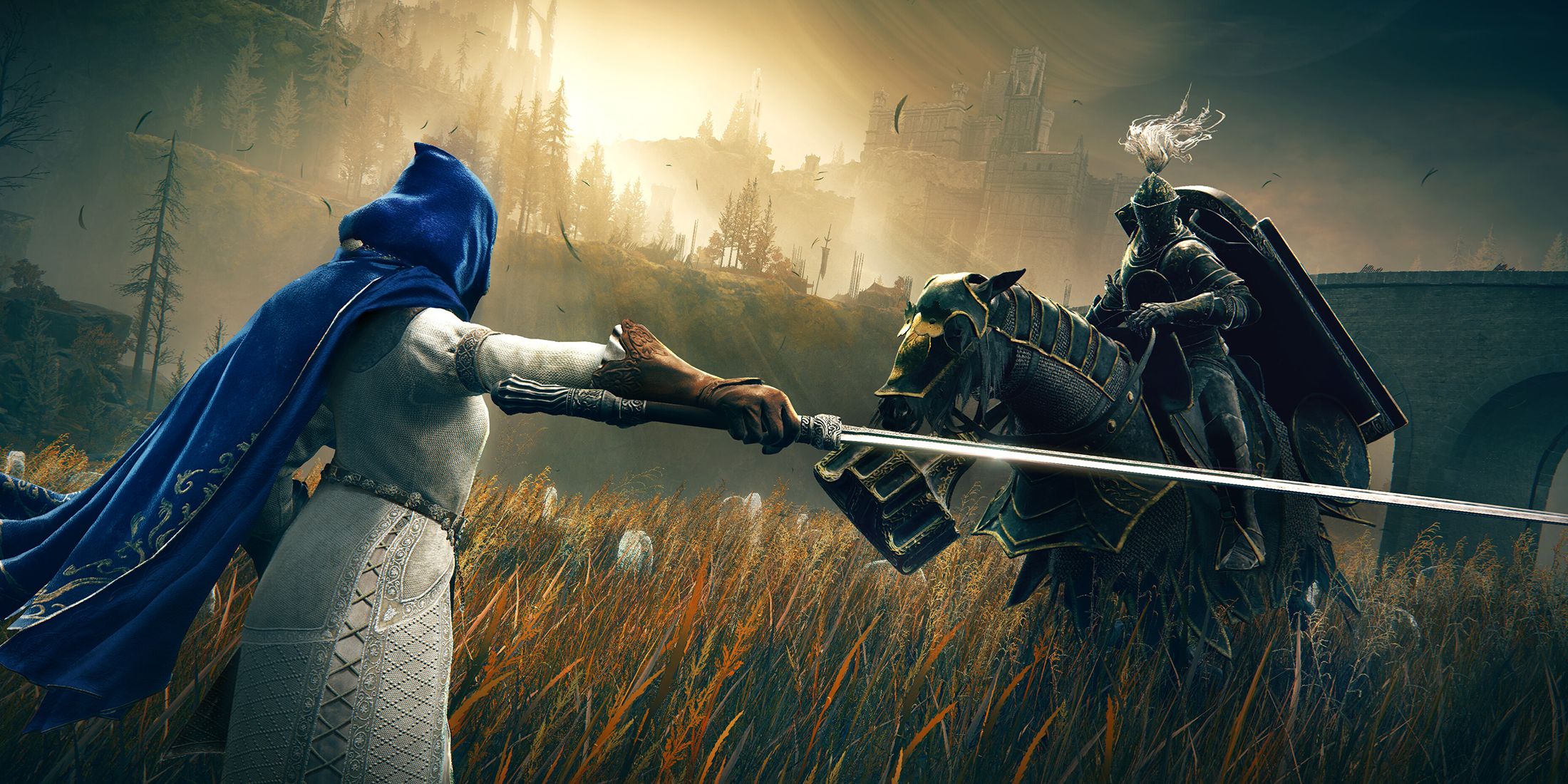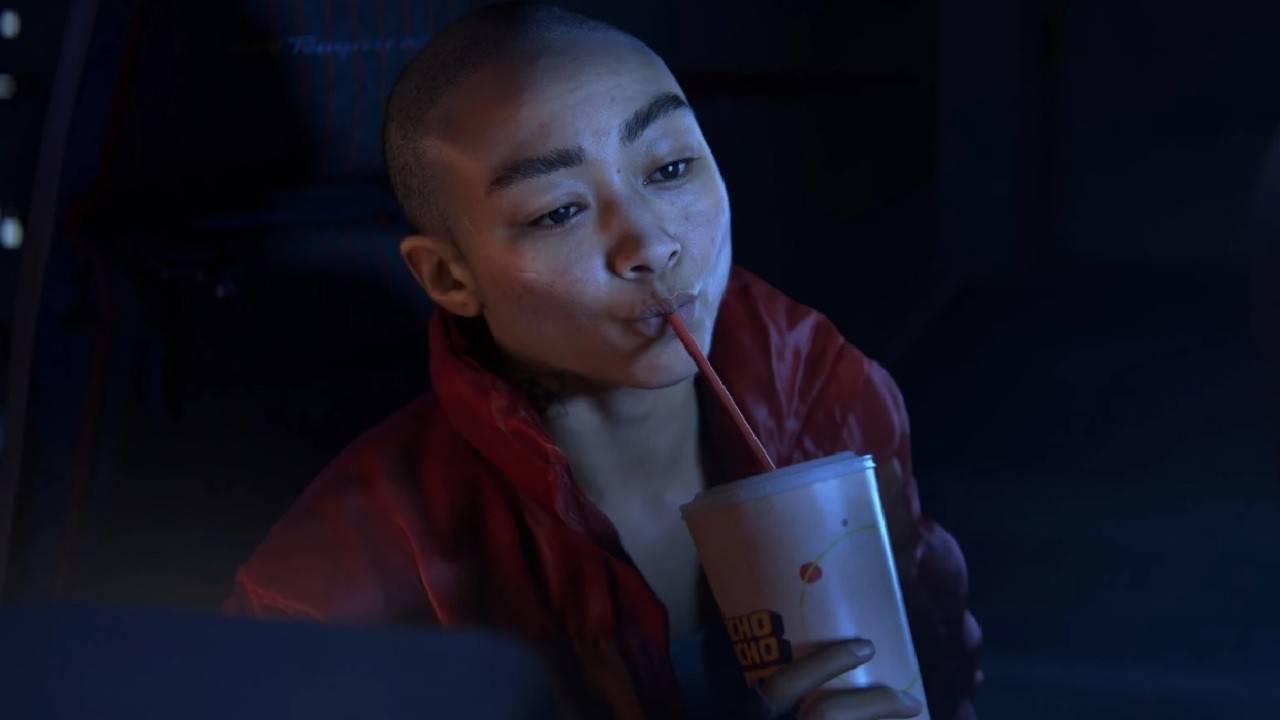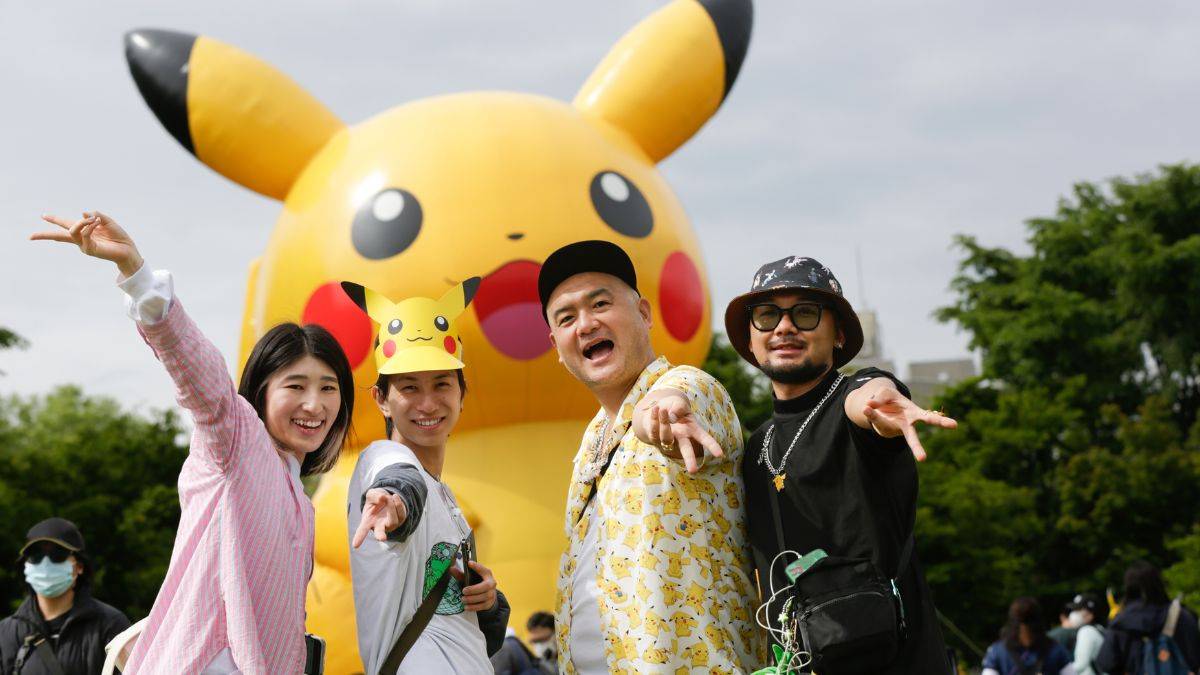Charli XCX's Viral Apple Dance Creator Sues Roblox Over Unauthorized Use in Game
Kelley Heyer, a prominent TikTok influencer known for creating the viral "Apple Dance" to Charli XCX's song "Apple," has filed a lawsuit against Roblox. Heyer alleges that Roblox incorporated her dance into their game without her permission and profited from it.
For those unfamiliar, the "Apple Dance" is a popular dance routine that Heyer shared on TikTok, which gained significant traction, being featured in Charli XCX's tour and on her TikTok account. Roblox, keen on leveraging this trend, wanted to include the "Apple Dance" in a collaboration with Charli XCX for their popular game, Dress to Impress. According to the lawsuit, filed in California and reported by Polygon, Roblox initially reached out to Heyer to license the dance for the event. Heyer was open to the idea, having successfully licensed the dance to Fortnite and Netflix, but no agreement was finalized with Roblox.
The crux of Heyer's lawsuit is that Roblox proceeded to sell over 60,000 "Apple Dance" emotes, generating approximately $123,000 in sales, before any agreement was reached and without Heyer's consent. Heyer's legal action emphasizes that the emote, while part of a Charli XCX event, is not inherently tied to the song or artist, asserting it as her sole intellectual property. The suit charges Roblox with copyright infringement and unjust enrichment, seeking the profits made from the dance, damages for harm to Heyer's brand and herself, and attorney's fees.

In a recent statement, Heyer's attorney, Miki Anzai, said, "Roblox moved forward using Kelley's IP without a signed agreement. Kelley is an independent creator who should be compensated fairly for her work and we saw no other option than to file suit to prove that. We remain willing and open to settle and hope to come to a peaceful agreement."
This case highlights the importance of respecting intellectual property rights and ensuring fair compensation for creators, especially in the rapidly evolving digital and gaming landscapes.
- 1 STARSEED Update: Codes for January 2025 Released Feb 25,2025
- 2 Pokémon TCG Pocket: Wonder Pick Date, Time, and Promo Cards – February 2025 Mar 03,2025
- 3 How to Get All Ability Outfits in Infinity Nikki Feb 28,2025
- 4 Black Myth: Wukong Tops Steam Charts Days Before its Launch Jan 07,2025
- 5 Ukrainian Internet Stalled as 'S.T.A.L.K.E.R. 2' Release Overwhelms Dec 30,2024
- 6 inZOI, a Korean Sims-Like, Delayed to March 2025 Mar 01,2025
- 7 Starseed Asnia Trigger Codes (January 2025) Mar 06,2025
- 8 Assassin's Creed Shadows Postponed to March 2025 for Enhancements Feb 21,2025
-
Budgeting & Investing: Your Guide to Financial Apps
A total of 9
-
Addictive Hypercasual Games for Quick Play
A total of 10
-
Best Role Playing Games for Android
A total of 10






























